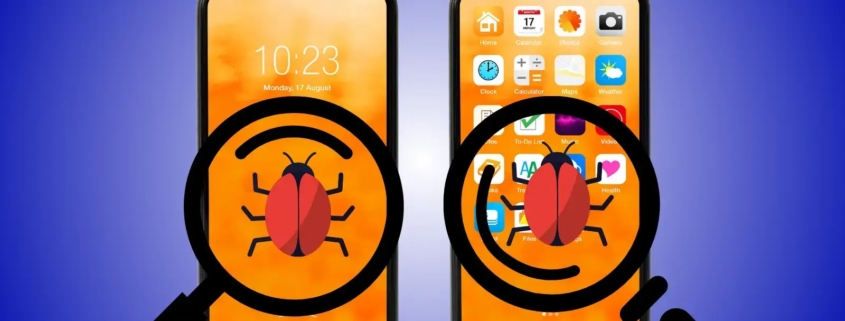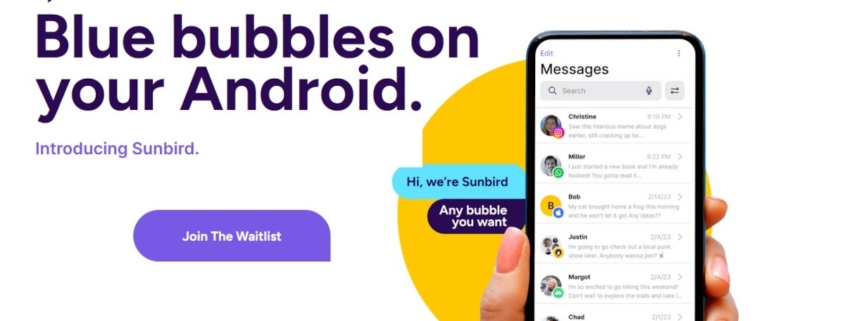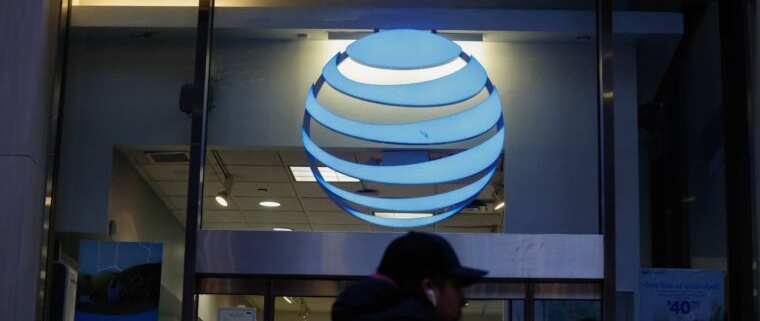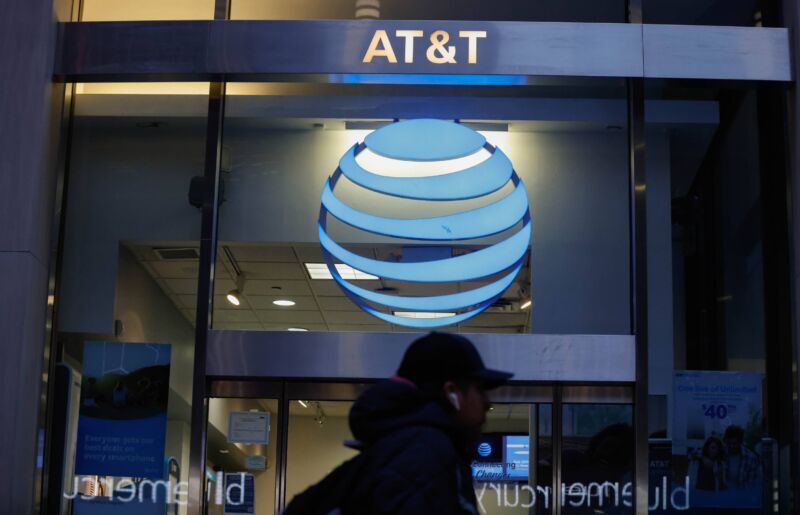LightSpy Malware Attacking Android and iOS Users
A new malware known as LightSpy has been targeting Android and iOS users.
This sophisticated surveillance tool raises alarms across the cybersecurity community due to its extensive capabilities to exfiltrate sensitive user data.
LightSpy is a modular malware implant designed to infiltrate mobile devices. With variants for both Android and iOS platforms, it represents a significant threat to user privacy.
The malware’s extensive functionality allows it to harvest a wide range of personal information from infected devices.
Technical Details of the Attack
LightSpy is engineered to siphon off a variety of data from the victim’s device, including:
- GPS location data
- SMS messages
- Data from messenger apps
- Phone call history
- Browser history
Trustifi’s Advanced threat protection prevents the widest spectrum of sophisticated attacks before they reach a user’s mailbox. Stopping 99% of phishing attacks missed by
other email security solutions. .
Moreover, LightSpy can remotely execute shell commands and record voice-over IP (VOIP) call sessions, adding to its surveillance capabilities.
Broadcom’s latest blog post highlights the LightSpy malware implant’s technicalities and impact on targeted devices.
The malware is known to spread through various means, including phishing campaigns and compromised websites.
Once a device is infected, LightSpy operates stealthily, often undetected by the user.
The modular nature of LightSpy means it can be updated with new capabilities post-infection, making it a remarkably resilient and adaptable threat.
Impact on Users
The implications of such a malware infection are severe.
Users’ private information can be compromised, leading to potential identity theft, financial loss, and personal safety concerns.
The ability to track browser history and communications in real time provides malicious actors with a wealth of information that can be exploited.
Users are advised to keep their security software up to date and to be cautious of unrequested communications that could serve as potential infection vectors.
The emergence of LightSpy malware is a stark reminder of the evolving…





